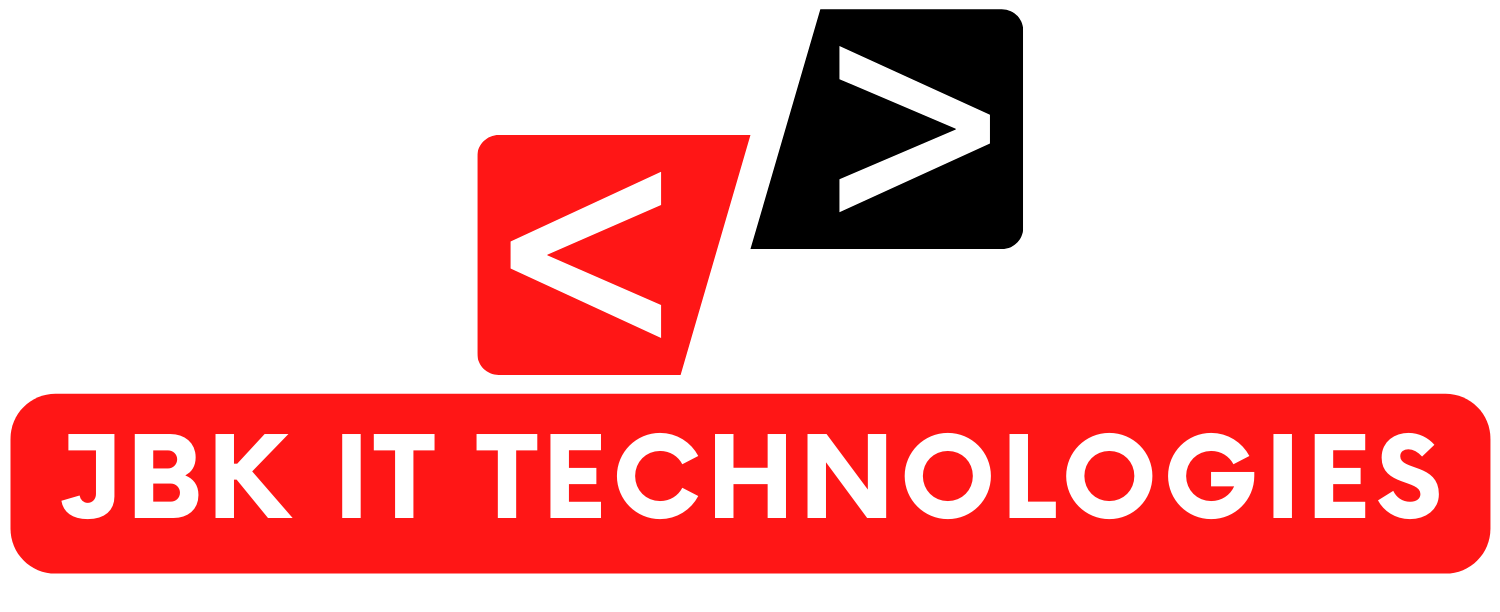Certainly! Digital marketers face a wide range of challenges in their efforts to create effective online campaigns and strategies. Here are some of the key challenges they often encounter:
- Constantly Changing Algorithms: Digital marketers need to stay updated with the ever-evolving algorithms of search engines and social media platforms. Algorithm changes can significantly impact a campaign’s visibility and reach.
- Increasing Competition: The digital landscape is becoming more saturated, leading to intense competition for audience attention. Standing out in a sea of content requires creativity and a deep understanding of the target audience.
- Targeting the Right Audience: Identifying and reaching the most relevant audience is crucial. Digital marketers must employ effective targeting strategies to ensure their content reaches the right people.
- Data Privacy Concerns: Stricter data privacy regulations, like GDPR and CCPA, impact how marketers collect, store, and use consumer data. Marketers must navigate these regulations while still delivering personalized experiences.
- Content Quality and Consistency: Creating high-quality, engaging content on a consistent basis can be challenging. Maintaining a content calendar and ensuring the content resonates with the audience requires careful planning.
- ROI Measurement: Measuring the return on investment (ROI) of digital marketing efforts can be complex. Marketers need to track various metrics and tie them back to business goals.
- Ad Blockers and Ad Fatigue: Ad blockers and the phenomenon of ad fatigue can hinder the effectiveness of digital advertising. Marketers need to find innovative ways to engage audiences without relying solely on traditional ads.
- Platform Diversification: Different platforms cater to different audiences. Marketers need to decide which platforms are most suitable for their target audience and tailor their strategies accordingly.
- Technical SEO Challenges: Optimizing websites for search engines requires dealing with technical aspects like site speed, mobile-friendliness, and structured data. Keeping up with technical SEO best practices is essential.
- Managing Social Media: Handling multiple social media platforms and maintaining a consistent brand voice across them can be demanding. Each platform has its own nuances that marketers must understand.
- Short Attention Spans: Online users have notoriously short attention spans. Marketers need to grab attention quickly and deliver their message effectively within a limited timeframe.
- Negative Feedback and Reputation Management: Negative feedback and criticism can spread quickly online. Managing a brand’s reputation and effectively addressing negative comments is crucial.
- Multichannel Marketing: Coordinating marketing efforts across various channels while maintaining a cohesive message can be challenging. Each channel may require a different approach.
- Keeping Up with Trends: The digital landscape is dynamic, with new technologies and trends emerging regularly. Marketers need to stay informed about these trends and assess whether they’re relevant to their strategies.
- Budget Constraints: Allocating budgets effectively across various digital marketing channels can be tricky, especially when dealing with limited resources.
- Cultural and Language Differences: Global marketing campaigns require an understanding of different cultures and languages. Misinterpretations can lead to unintended messaging and consequences.
Navigating these challenges requires adaptability, a willingness to learn, and a strategic approach to digital marketing. Successful marketers are those who can innovate and find solutions to these obstacles while keeping their target audience at the forefront of their strategies.

